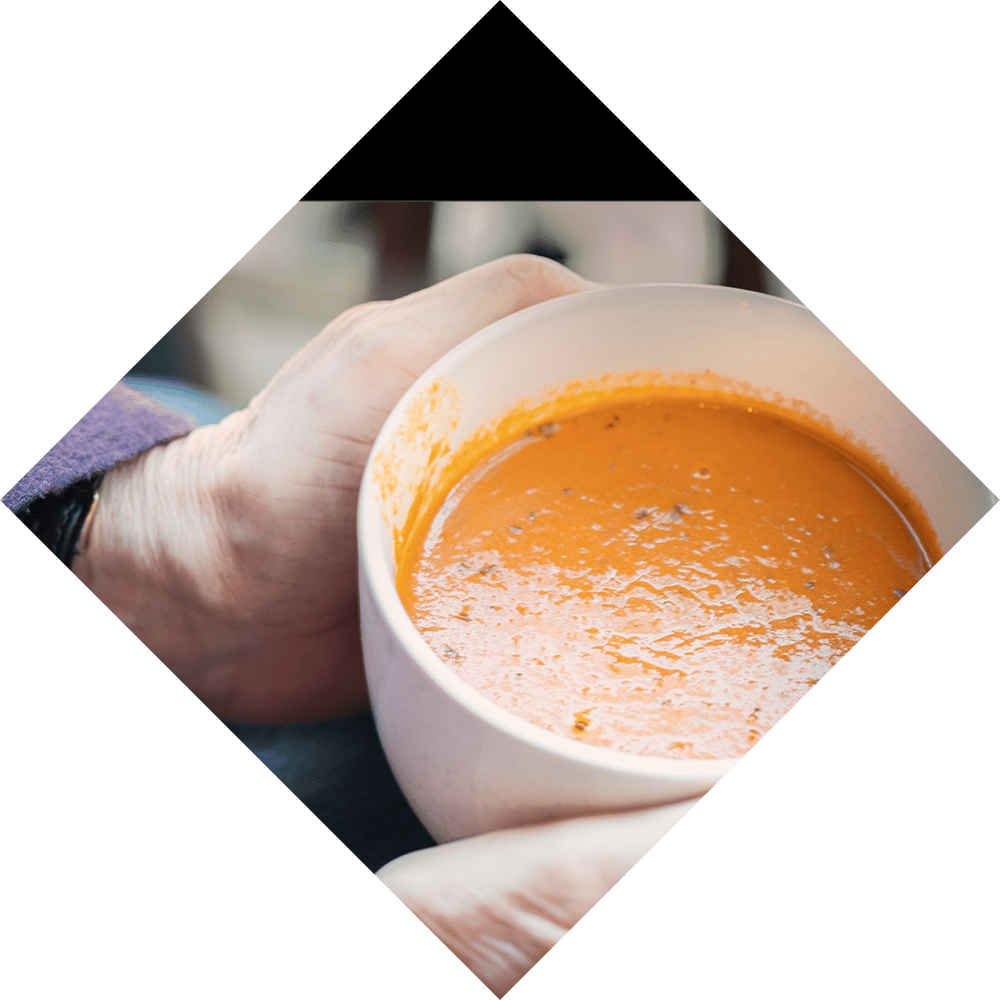Bariatric surgery – such as the gastric sleeve procedure – offers a meaningful and lasting path to better health for many sufferers of obesity.
However, surgery is just the start of real weight loss. To be truly successful, bariatric surgery also requires a lifelong commitment to health, and that includes a specific diet and exercise post-procedure.
The good news is that these factors are all in your control, including a post-sleeve diet that does allow some flexibility and – after a short adjustment period – includes plenty of real food.
If you are considering bariatric surgery, here is a look at what success requires post-operation, specifically the post-sleeve diet.
Prior to Surgery
A gastric sleeve procedure, also called a vertical sleeve gastrectomy, involves removing a large portion of the patient’s stomach and leaving the remainder in the shape of a tube or sleeve. This operation drastically reduces the patient’s need to eat large portions in order to feel full. It also helps decrease the production of the hormone ghrelin, which causes feelings of hunger, thus making the patient less subject to food cravings.
To even consider undergoing a sleeve gastrectomy, a patient must be clinically obese – that is have a Body Mass Index (BMI) of at least 40 – although patients with a BMI of 35 that suffer from obesity-related health conditions may also qualify. That is because obesity is now recognized as a chronic and life-threatening disease. (BMI is calculated by dividing your weight in kilograms by the square of your height in meters. A healthy BMI is between 18.5-25; between 25-30 is considered overweight.)

If you qualify for bariatric surgery, your surgeon and providers should offer you as much information about the procedure and itsaftermath as possible. Longstreet Clinic Center for Weight Management surgeon Miguel del Mazo, M.D., M.S., FACS, ensures all of his patients have this knowledge and acceptance in order to help create long-term success.
“There’s a lot of run-up to the surgery; you’re going to get a lot of education when you come here prior to the operating room,” Dr. del Mazo said. “But a lot of folks are curious of what life will look like long-term after a gastric sleeve, and that’s understandable. The good news is that long term, the diet for a gastric sleeve patient is real food.”
However, in the days immediately following surgery, patients must adhere to a much more limited diet.
Immediately After Surgery
Despite the serious nature of bariatric surgery, modern, minimally invasive practices allow a patient to recover quickly. In fact, you will likely need just a one-night stay in the hospital and will be encouraged to be up and walking within 24 hours.
However, what you are allowed to ingest in the immediate days following the gastric sleeve is restrictive.
“In the immediate week after gastric sleeve, I recommend patients stay on liquids: water, Crystal Lite, unsweetened tea, tea with Splenda, Powerade Zero, that sort of thing,” Dr. del Mazo said. “Over time, usually within the first week, we start integrating protein shakes, which are a high protein, high nutrition, low calorie shake, to start putting some protein in. That helps with the healing process.”
Within a week of recovery, however, patients will visit their surgeon in the office and likely be cleared to slowly increase what they can eat.
“We recommend starting to do a little bit more solid foods at that point. They’re not solid foods as in a piece of chicken, but more thicker soups, puree consistency things like thin, thin oatmeal, thin, thin grits, or some apple sauce consistency things,” Dr. del Mazo said. “We are always striving to get as much protein in a patient as possible, especially in the early phase. The cornerstone remains hydration though. I really stress to my patients early on that I want you to get enough fluids in to stay hydrated. You’ll feel so much better after surgery if you’re properly hydrated.”
It is at this point that patients begin to see the initial results of the surgery and their new approach to life. In fact, studies show that the average weight loss experience with a gastric sleeve over 2 years runs about 50-60 percent of excess weight.
A month after surgery, Dr. del Mazo advises his patients to take the next step and begin eating more solid proteins, such as soft, flaky fish, and the tenderest cuts of meat.
“[I suggest using a] slow cooker, Dutch oven, rather than fried or grilled, so very, very soft things,” Dr. del Mazo said.
Patients return to Dr. del Mazo at the three-month mark. And by that time, they are typically cleared to return to eating “normal” foods.
“At that point most patients are able to eat basically the same stuff that people in their family are eating,” Dr. del Mazo said. “We just ask them to eat healthier and smaller portions.”
Losing Weight and Keeping it Off
Because the sleeve gastrectomy removes about two-thirds of the patient’s stomach and reduces the production of ghrelin, patients – at least initially – will not be able to eat more than a half to a full cup of food.
However, due to the nature of the procedure, those patients who do not adhere to a lifelong healthy diet could suffer a relapse. For while the procedure provides significant initial weight loss, patients are quite capable of regaining all their previous weight if they fail to follow the guidelines formulated in pre- and post-surgery consultations.
“Dietary goals for a gastric sleeve patient include about 800-1,200 calories a day. There’s a little bit of flexibility there – especially if a person is working out excessively in the gym,” Dr. del Mazo said.
No matter the individual’s situation, protein will be the main form of food, followed by vegetables and a constant intake of vitamins. Conversely, patients must do all they can to avoid carbohydrates – especially simple carbohydrates – and not consume beverages with high caloric content.
“We want to go protein heavy, as well as go significantly with the vegetables, trying to avoid the bread, rice, pasta, and potatoes,” Dr. del Mazo said. “We’re looking for 60-80 grams of protein a day – some of that will come from a protein shake, usually between 20-30 grams of protein per day. We’re looking to go with bariatric vitamins as well, so a vitamin D and calcium supplement three times a day, a bariatric multivitamin, once in the morning and once at night and a bariatric B complex that’s got vitamin B1, B6 and B12. I prefer it as a liquid. It absorbs really well that way.”
The combination of this approach and the bariatric surgery can produce impressive and lasting results. In fact, Dr. del Mazo says he’s seen surgery have a tremendous effect on more than just the patient.
“One of the great joys is seeing patients start eating healthier and then seeing their family and friends that come over start eating healthier as well,” Dr. del Mazo said. “Hopefully, you’re teaching those people in your life that you love how to eat healthy so that they don’t have to come see me in the first place. That’d be great.”
For anyone battling obesity, surgical weight loss offers a method to kickstart a drive back to better health. But that is exactly what the gastric sleeve – and all other bariatric surgeries – represent. These procedures are only one part of healthy living. Real success requires a total commitment from the patient to change. And surgery is in no way a “cure” for weight problems.
Learn more today
If you would like to learn more about healthy eating habits, losing weight or the different options to help you get control of your health, please contact Longstreet Clinic’s Center for Weight Management today. Dr. del Mazo and a team of caring, dedicated providers are ready to help. Click here or call us at: 770-534-0110 or toll free at 877-921-0110.

